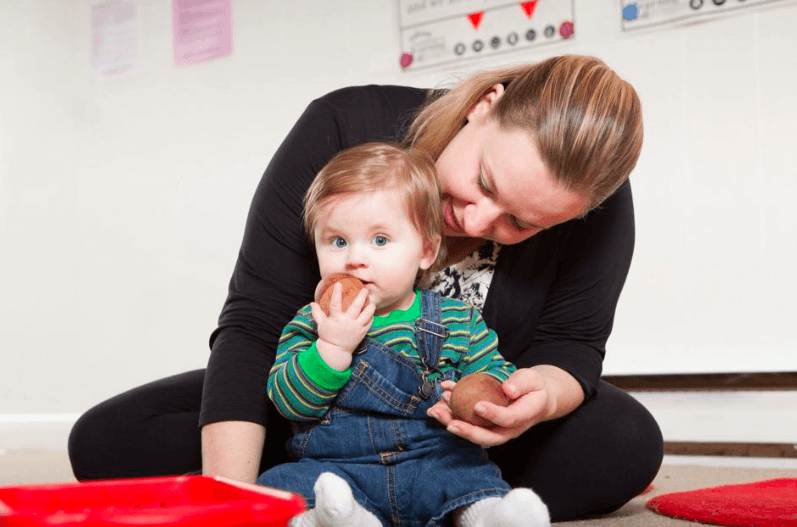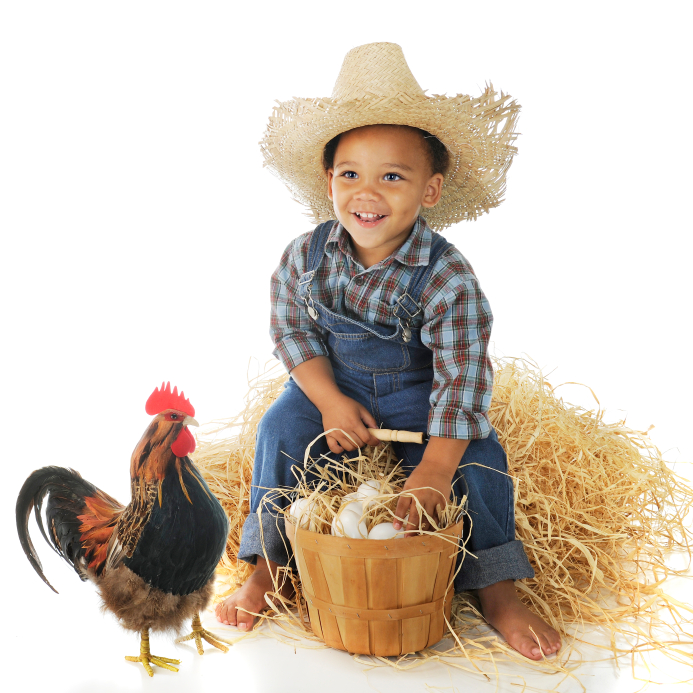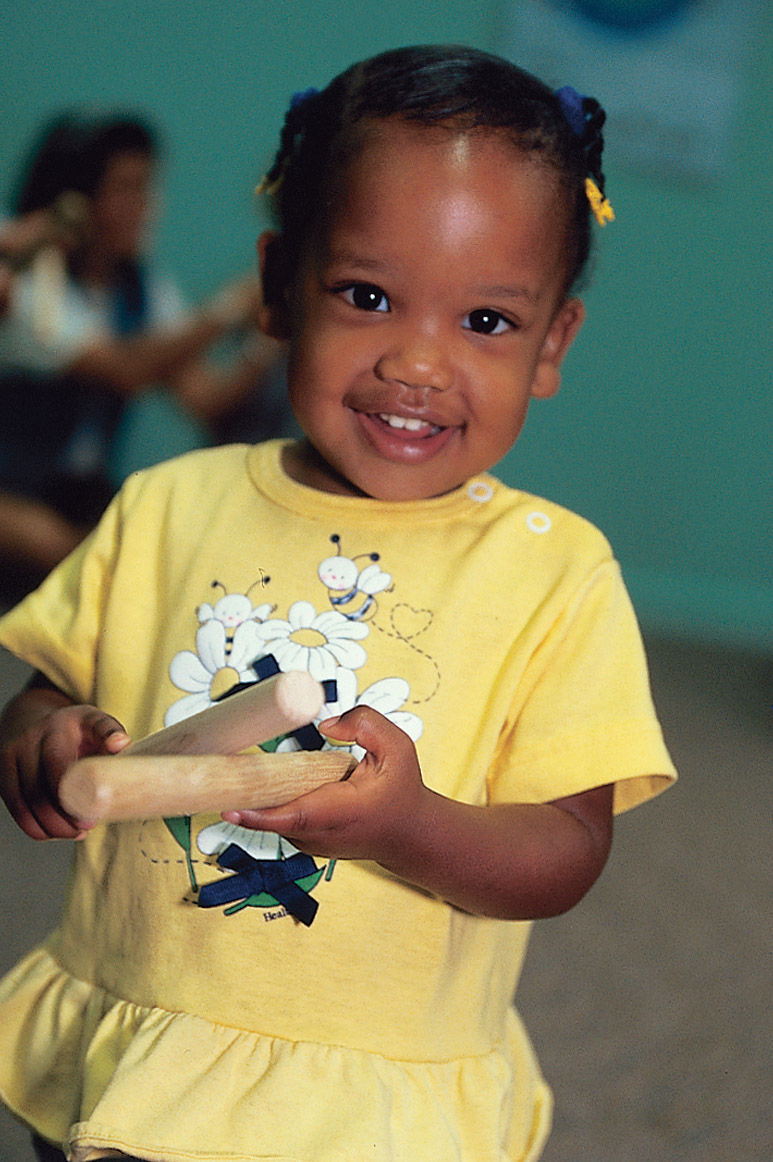[vc_row][vc_column][vc_column_text]In our regular science feature, Science Center Stage, Dr. Boyle explores music’s role in boosting language acquisition in infants. [/vc_column_text][/vc_column][/vc_row][vc_row][vc_column][vc_column_text]That first word! Parents wait for it and when it comes the world knows. We rush to Facebook and every other social media platform to share the news. I remember really reaching with our first. I stretched every sound out of that kid’s mouth into crazy multisyllabic words.
“I think he just said onomatopoeia!”
My wife was always the voice of reason.
“That was a burp, dear.”[/vc_column_text][/vc_column][/vc_row][vc_row][vc_column][vc_column_text]Now, here’s the reality: our kids aren’t going to spout of titles of Dickens’s novels at nine months, but regular exposure to music early in life may have a positive impact on language acquisition. A recent study conducted at the University of Washington found that routine play sessions involving music had a positive impact on both music processing and recognizing new speech sounds.
“Our study is the first in young babies to suggest that experiencing a rhythmic pattern in music can also improve the ability to detect and make predictions about rhythmic patterns in speech,” said lead author Christina Zhao, a postdoctoral researcher at I-LABS.
“This means that early, engaging musical experiences can have a more global effect on cognitive skills,” Zhao said.
[/vc_column_text][vc_video link=”https://www.youtube.com/watch?v=whzxMNvHBD4&feature=youtu.be”][/vc_column][/vc_row][vc_row][vc_column][vc_column_text]Other academics have chimed in on the study. Dr. Deanna Hanson-Abromeit, Assistant Professor of Music Education and Music Therapy at the University of Kansas School of Music feels music classes are key to development.
“Music classes can be beneficial for parents and infants…These classes can build community and provide resources to parents to teach songs and music-based experiences to build comfort in using music within the home and everyday life.”
[/vc_column_text][/vc_column][/vc_row][vc_row][vc_column][vc_column_text]It doesn’t stop in infancy. A five year study at the Brain and Creativity Institute of the University of Southern California produced results that mirrored the UW study.
“The researchers began following 45 children, all from economically disadvantaged, bilingual households (most are Latino, one is Korean) in Southern California, starting when the children were 6 and 7. The initial group was split into three: One set of 13 students is receiving music instruction through the Youth Orchestra of Los Angeles, one group is playing soccer, and another is involved in no particular after-school activity…
Two years in, the students in the music group were more able to identify differences in musical pitch on a piano than other students. The brain scans also showed that these students had more-developed auditory pathways than their peers.
The authors write that this development in auditory processing also affects students’ ability to process speech and language—which means it could have an impact on students’ academic progress as well as their musical abilities.”
– Education Week/Jackie Zubrzycki
[/vc_column_text][/vc_column][/vc_row][vc_row][vc_column][vc_column_text]It’s very difficult to ignore this science, friends. Two separate studies indicate that exposing children of all ages to music has a positive impact on language acquisition and development. The key in both of these studies is regular participation in structured musical activities. So get them out there! And get them out there early. Remember, we have classes for kids starting from birth! When you’re ready, we’re here for you. [/vc_column_text][class_finder_form css=”.vc_custom_1469449348470{padding-top: 20px !important;padding-right: 20px !important;padding-bottom: 20px !important;padding-left: 20px !important;}”][/vc_column][/vc_row]



 According to the authors of the book
According to the authors of the book 
